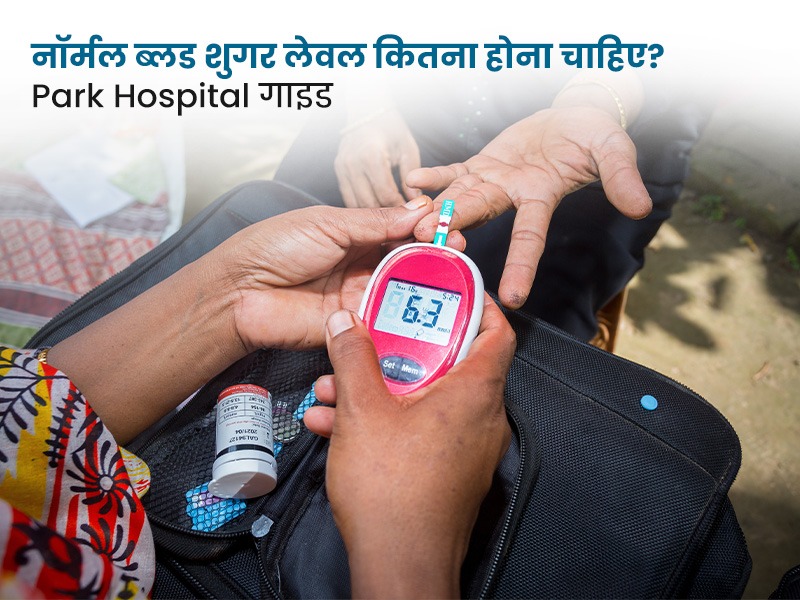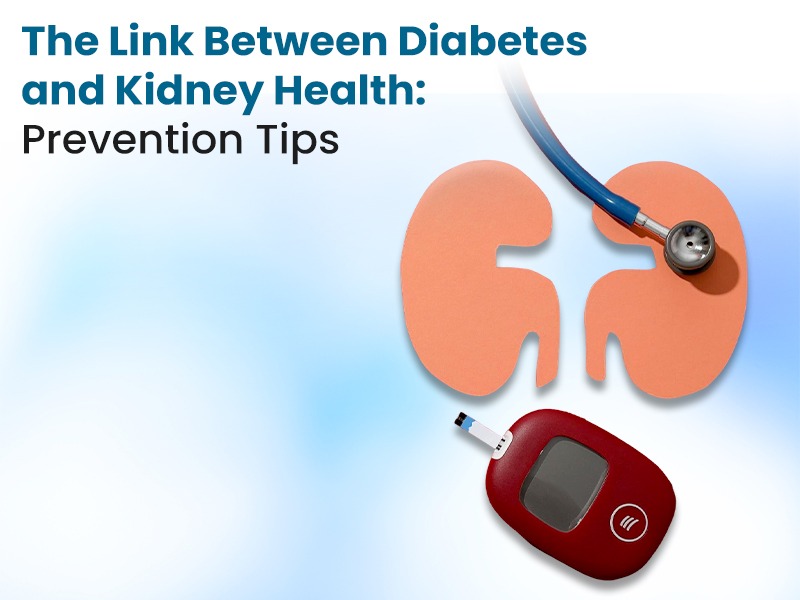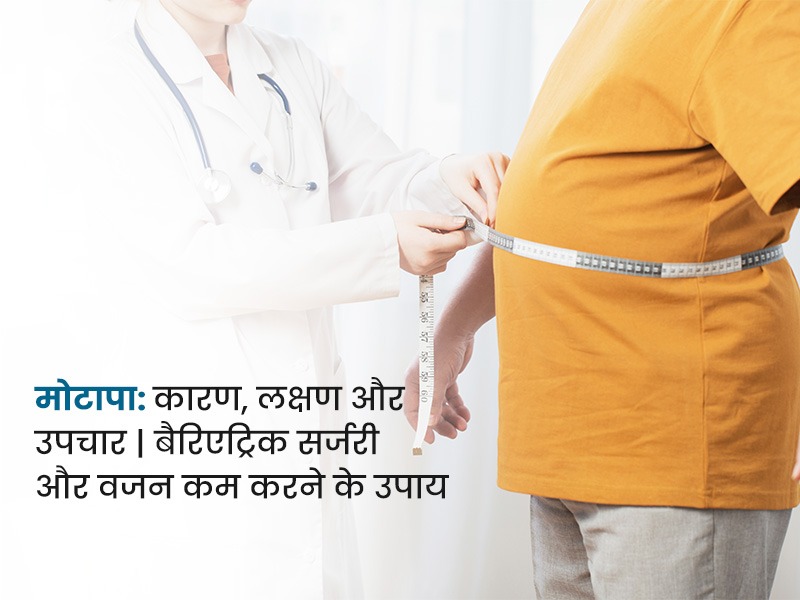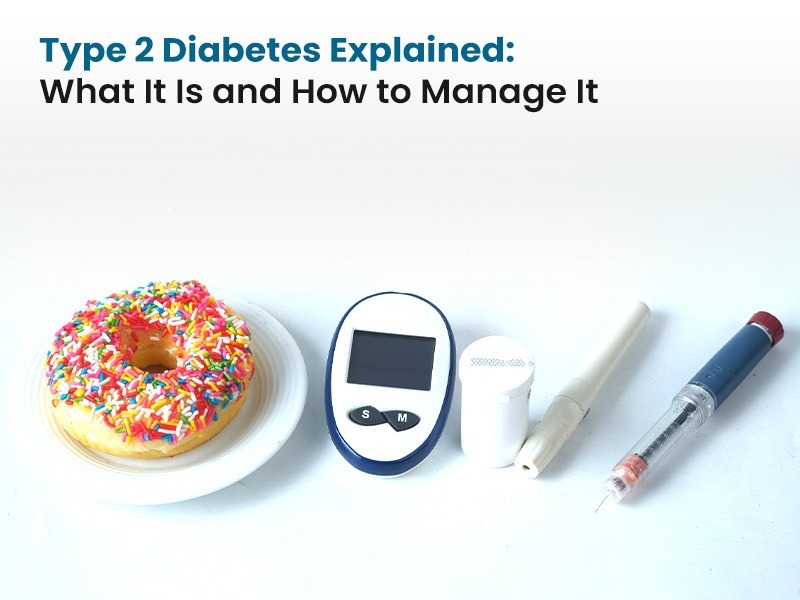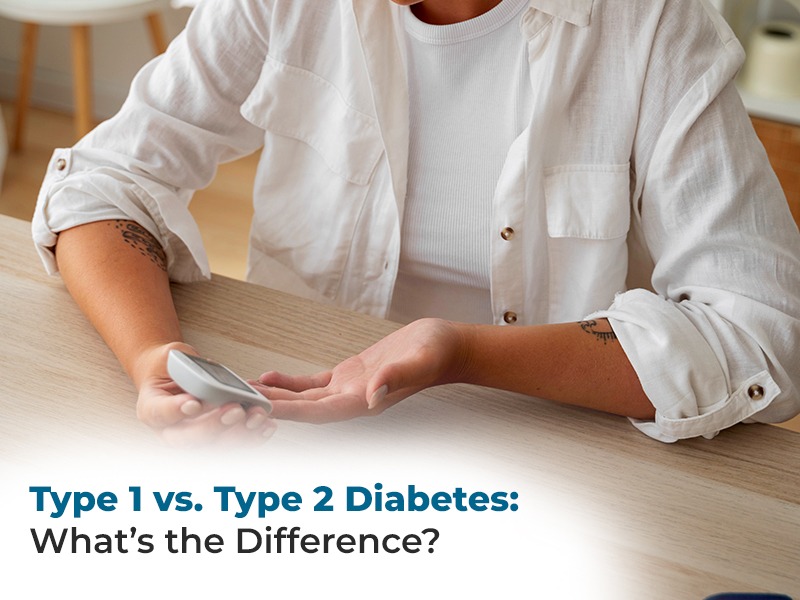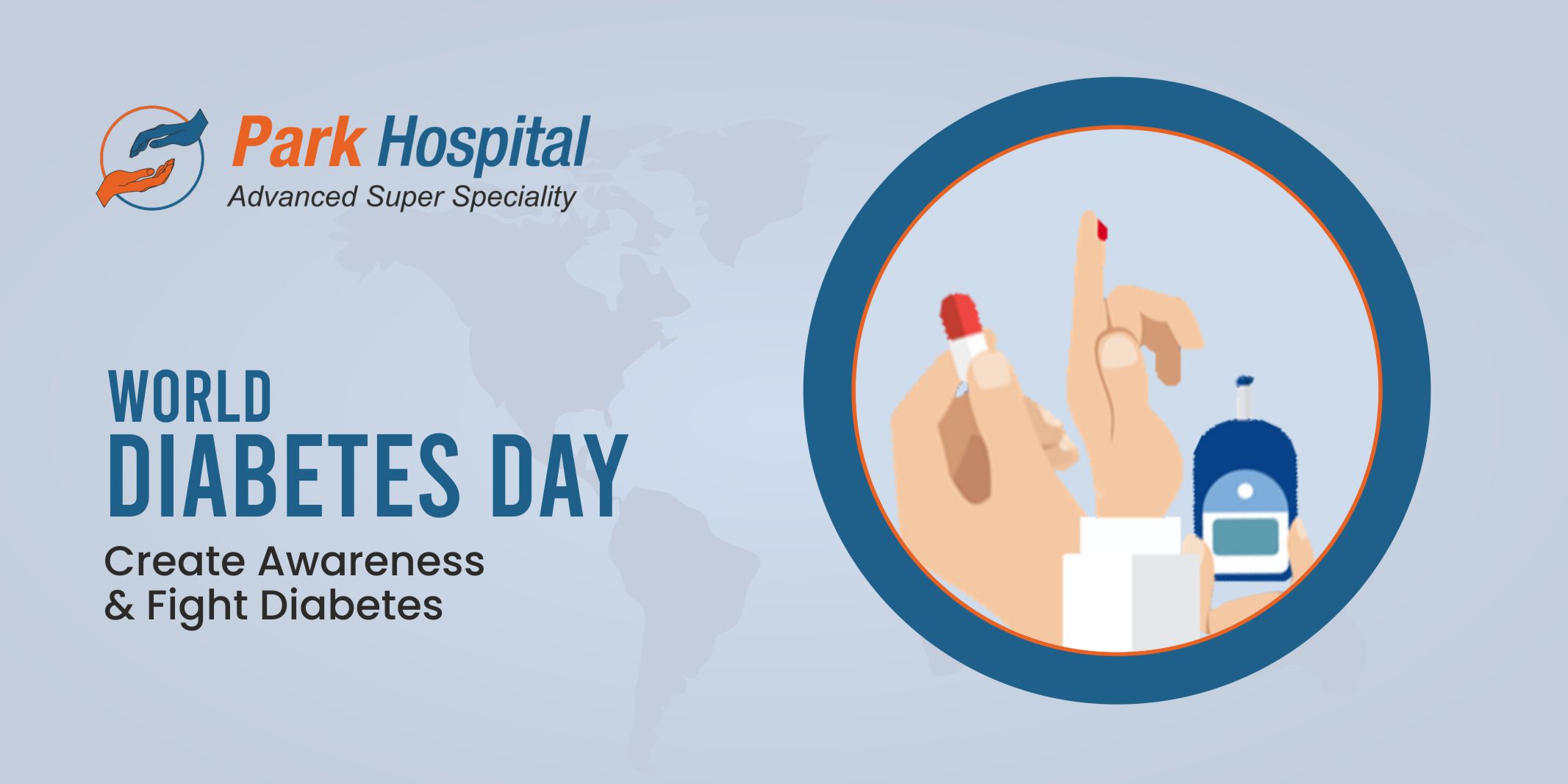An Institutional Experience: Park Hospital, Gurugram
Dr (Col) M K Dutta,
Endocrinologist & Internal Medicine (Senior Consultant)
The Covid-19 pandemic has changed the course of the world and exposed it, particularly the health care structure to such sheer and frustration.
It is not surprising to see a large number of diabetics, both type 1 and type 2, suffering from the disease and having much increased morbidity and mortality. Increased ICU admission by double, increased mortality in diabetes patients by 3 times and severe disease rates twice of normal population has been seen in the recent epidemic in China. Reports of ACE receptor upgradation requiring anti-hypertensive medication modification are being published. Having been at the forefront in the management of these cases, one finds certain factors aggravating this phenomenon.
- Lack of lifestyle modification i.e., improper diet, lack of adequate exercise, improper sleep, increased stress due to financial depravation, loss of jobs, lack of social communication.
- Failure to access healthcare due to presumed risk of infection, hospitals converted to Covid hospitals, lack of functioning diabetic and endocrinology OPDs
- Lack of information about diabetes monitoring treatment, check-up during this period
- No information on medication changes, insulin sick day guidelines, changing schedules of treatment during this period
It has been seen that patients are suffering from rising blood glucose levels due to isolation. Infection with Covid-19 significantly worsens the glycaemic status. There is lack of understanding among basic doctors caring for the disease. Very few endocrinologists are available on the ground in the care of diabetic patients, the job being left to young residents, physicians and nurses who find it an increasingly difficult job to control hyperglycaemia, fluids and electrolytes. The frequent use of steroids and stress of infection worsens the situation with added rise in metabolic control due to concurrent comorbidities and the use of inotropes.
We at Park Hospital Gurugram have treated many patients suffering from Covid-19 and found that a large number are diabetics who suffer from poor immunity leading to an increased risk of moderate to severe Covid-19 infection. There is a need to step up glycaemic monitoring with frequent blood glucose measurements and early appropriate use of insulin in basal bolus regimen to achieve glycaemic control. There have been cases of severe DKA who have been managed with IV fluids, electrolyte correction, insulin infusion and bicarbonate depending on the severity of acidosis which is also further complicated by lactic acidosis and uraemic acidosis. Factors like dehydration, fever, sepsis, use of multiple medications, inotropes and frequent steroids make the situations truly challenging.
We have preferred to discontinue Metformin in these serious situations though DPP-inhibitors and insulin find a place in diabetic management.
Also very important is the role of regular monitoring of blood glucose levels at home and maintenance of normal blood glucose with regular use of prescribed medications which include oral hypoglycemic agents, GLP1 analogues, insulin subcutaneous, insulin pump therapy and treatment of concurrent illnesses. The role of exercise which includes atleast 150 mins of aerobic exercise and 2 days of resistance training on a weekly basis cannot be over emphasized.
The role of maintaining a regular balanced diabetic diet which is high in protein and unsaturated fats and avoidance of high carbohydrate load and saturated fats is emphasized to maintain appropriate body weight and muscle.


